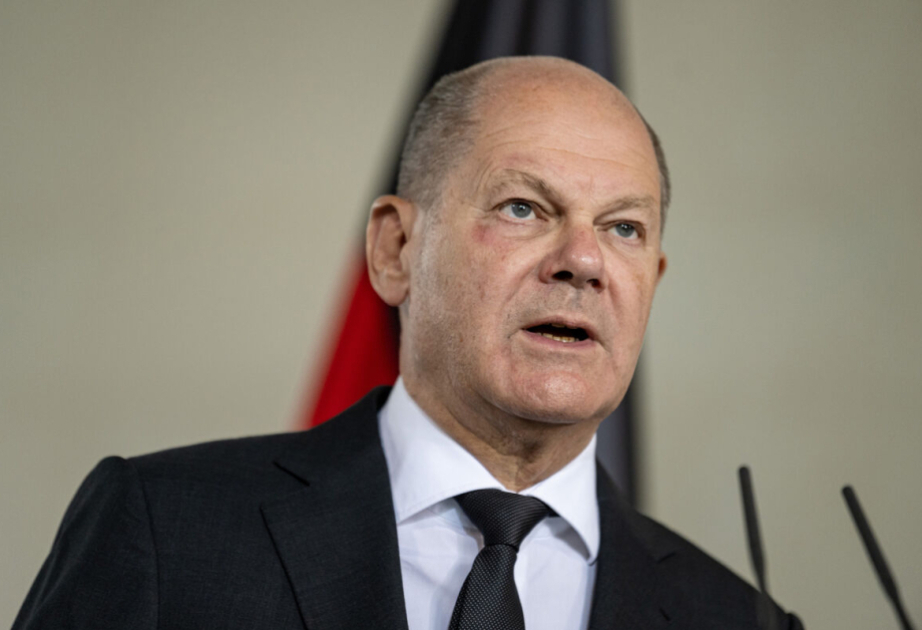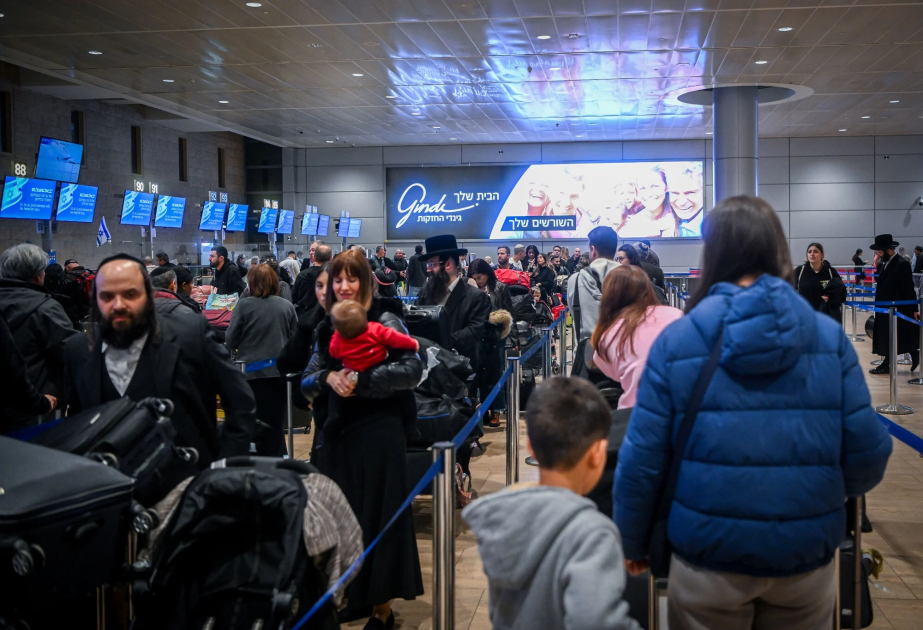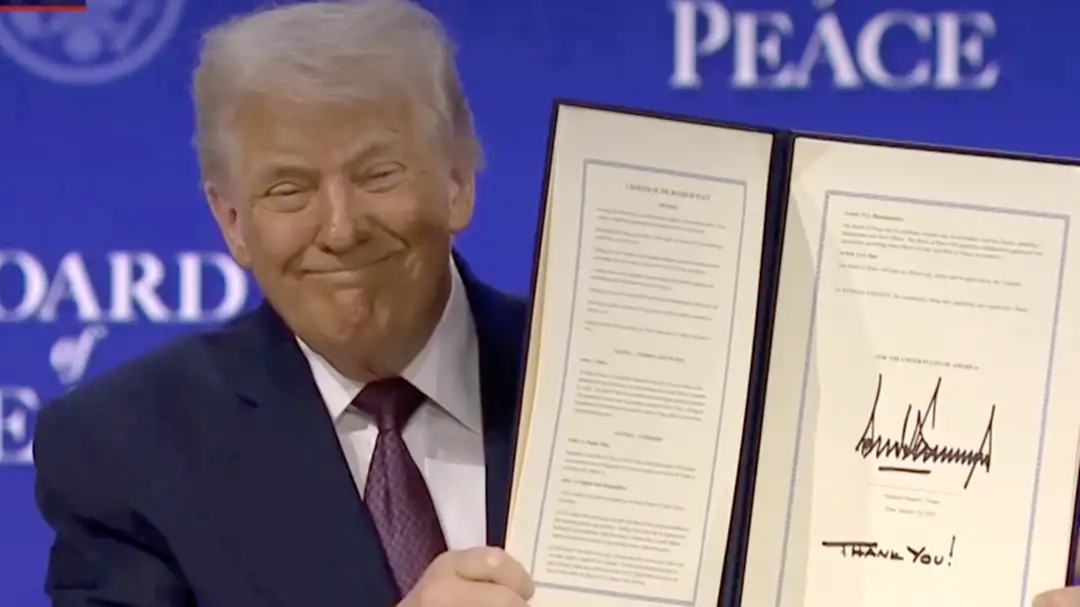Criticism of government grows after Solingen attack, Chancellor Scholz promises a tougher line on irregular migration, says steps will be taken to speed up deportation of rejected asylum seekers, those who committed serious offenses.
According to Anadolu Agency, German Chancellor Olaf Scholz on Monday promised new measures to address irregular migration and criminality, in the aftermath of a knife attack in Solingen.
“We must do everything we can to ensure that such things will never happen again in our country,” Scholz told reporters, after visiting the scene where three people were killed and eight others injured on Friday night.
“There are many important things to do. Obviously, the next step will be to tighten up the gun laws that we have in Germany. This applies in particular to the carrying knives, but also many other things must be regulated,” he said.
The suspect in the Solingen attack turned himself in to police on Saturday, and he was identified by officials as Issa Al H., a 26-year-old Syrian national. He was suspected of being a member of the Daesh/ISIS terrorist group.
Authorities have said the suspect came to Germany in 2022, but but he did not qualify for refugee status in the country. He was supposed to be deported last year to Bulgaria, the first country he entered in the EU.
Chancellor Scholz on Monday acknowledged legal and practical problems in deporting illegal immigrants and criminals to their home countries, but promised that his government will undertake stronger efforts to address this issue.
“We will have to do everything we can to ensure that those who cannot and are not allowed to stay here in Germany are repatriated and deported,” he said, adding that while they have managed to increase deportations by 30% this year, it was not satisfactory figure.
“That is by no means a reason for us to sit back and do nothing. On the contrary, we will look very closely at how we can contribute to increasing these numbers even further - if necessary with legal regulations,” Scholz said.
He also underlined that his government has introduced heightened controls at Germany's borders, and was determined to bring down the number of illegal immigrants entering the country.
The EU’s largest economy remains the top destination for illegal immigrants, and last year authorities registered 266,224 cases of illegal entry and residence. Many of the irregular migrants were asylum seekers from Syria and Afghanistan.
Following the stabbing attack in Solingen, Chancellor Olaf Scholz’s ruling coalition came under increased pressure from the opposition parties, which accused the government of neglecting the problem for years, and even promoting illegal immigration with its policies.
Friedrich Merz, leader of the center-right Christian Democratic Union (CDU), has demanded “quick decisions” from the government for a drastic overhaul of migration policy. He said criminal asylum seekers should be deported to their home countries without delay, and Germany should stop taking in any refugees from Syria and Afghanistan.
Alice Weidel, co-chairwoman of the far-right AfD party, called for a moratorium on immigration for at least 5 years, and argued for deporting all irregular migrants who do not possess a legal residence permit.
“The groups of people with the highest crime rates - primarily Afghans, Syrians and Iraqis who are staying in Germany illegally - must be deported,” she said.
The latest polls show that the AfD would likely to increase its share of the vote in Sunday’s regional elections in the eastern states of Thuringia and Saxony.
The anti-immigrant party was on track to come in first place in Thuringia by winning 30% vote, about nine percentage ahead of the Christian Democrats (CDU), according to INSA institute. In the neighboring state of Saxony, the AfD was leading the polls with around 32%, compared with 30% for the CDU and 15% for the left-wing populist BSW party.


















